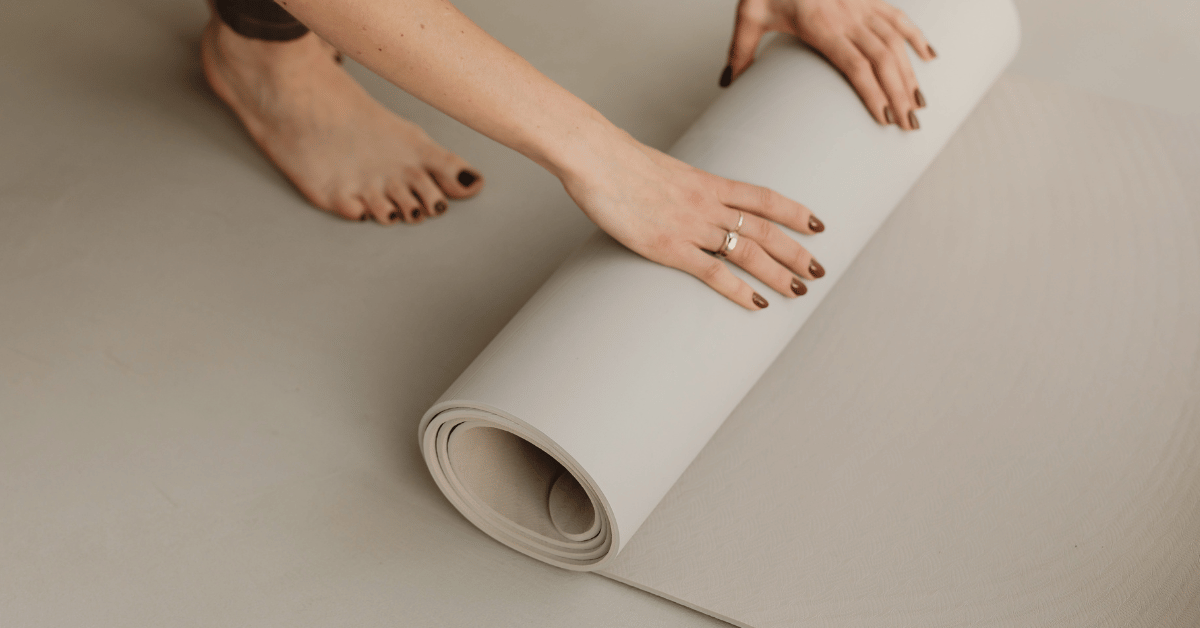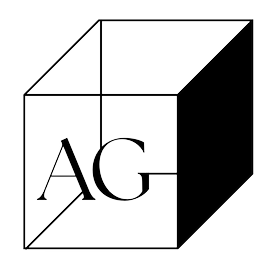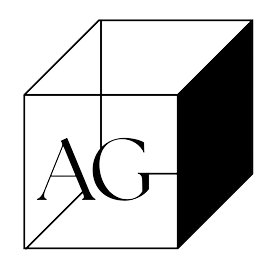
I’ve learned I can’t always trust my brain. I previously believed this was unique to me as someone who has suffered acute bouts of OCD in the past, but in all likelihood, you may not be able to always trust your brain either.
I easily fall into the trap of trying to do everything I believe others want me to do. I’ve always known this. Some call this being a “people pleaser”. What I didn’t know was that over time, this was causing me to lose trust with myself and lose momentum towards my goals.
Listening to a brain that believes it can intuit what others really think and expect of us is highly distracting, self sabotaging and unsustainable. Not only can nobody can be everything to everyone but often, the story we are telling ourselves can just be plain wrong. After all, how can we truly know what people are ACTUALLY thinking? Even asking them directly doesn’t mean we’ll get an honest answer.
In getting this far through my mental inquiry the natural next step is to ask oneself “Who would I really value an honest answer from anyway?”

I remembered listening to an interview between Oprah and Brene Brown. Brene spoke of a small note she kept in her wallet as a reminder of the few people whose opinions she cared deeply about.
I wondered who mine would be.
Caring for the opinions and honest guidance from a select few and living for other people though are different things.
My old colleague and friend Juan Mendoza, writer and owner of The MarTech Weekly newsletter penned a post on Sunday that resonated deeply (go read it).
Though I’m sure my particular people pleasing problem runs deeper, the relentless distraction and pushy messaging that fills my brain from the variety of news feeds I’ve come to get lost in (according to my screen time, for too long recently) is not helping me to live a conscious life.
“You should be getting in 10,000 steps per day”
“You should lift weights, good for your metabolism”
“You’re tired though, you should let your body rest”
“You should eat more plant based”
“You should eat more protein”
“You should stick to a niche on your newsletter”
“You should learn to code”
“You should….”
“You should…”
“You should…”

… it continues. It’s as relentless as the algorithms that feed me more and more suggestions from well-meaning content creators, of which, I am just another.
I’d been trying to out-think this problem for months.
“What direction can I take on the newsletter that feeds my curiosity and passion for multiple topics?”
“What is the RIGHT exercise routine for me that brings me energy, is sustainable and enjoyable?”
Here’s what I’ve learned.
Overconsumption feeds overthinking and overthinking does not lead to clarity.

Additionally, any version of a consistently effortless, value aligned approach to these tasks on a consistent basis is a crapshoot.
Sometimes, some days, you just won’t feel like it.
Do it anyway.
Thinking and visualising does allow us to try things on, but the real way to measure our own happiness, progress and growth, is through taking action and gathering hard data.
Seeing life as an experiment and focusing on the journey, rather than only the goal is something I’ve historically not been great at.
I just wrote last week that in part, feeling lost stemmed from no longer feeling that highly motivating, passionate and inspirational adrenaline rush I would get from crafting a vision in my mind’s eye.
That’s how I used to do things, but I’m changing things up.
Crafting that feeling has worked well for me as a strategy in the past, but it’s never been consistent.
I’m happy to be a person who pivots. Who knows that all projects have their time and there should always be a natural evolution to things. I don’t want to be ridged. I want to forever innovate and iterate.This isn’t what I was missing though.
I was leaning too hard between a scale of “self care” and “hard discipline” without acknowledging that there could be gradients in between called compassionate discipline. The compassionate bit is important.
Bullying myself into doing the thing I said I would without the kindness and acceptance of understanding how it’s feeling, feels self berating and it wears me down. The small but significant difference between discipline and compassionate discipline for me, is simply acknowledging and accepting how it feels.
“I know this newsletter topic doesn’t feel perfect, but we are going to do it anyway.”
“I know this gives you anxiety, but you can do this and you’ll feel better once you have.”
“I know you are tired, but it’s not all or nothing. Let’s rest for a little and then go for a walk later.”
Searching for that inspiration and “jolt” to spur motivation has been a fine tactic in many ways. In all likelihood, I’ll keep giving that a go first as that passionate feeling is like no other; but now I’ve decided not to come to rely on it to make progress in all areas of life.
So, I joined a gym.

Action creates momentum when we lack motivation.
It changes our physiology. Our energy stores, hormones, digestion and more. It lifts our baseline.
In the words of Nike, I needed to just do it. Even when I didn’t want to, the move was not to over indulge in self care (the easiest of traps that enables us to justify sitting on the couch) – it was to practise self care by practising compassionate discipline.
Self care was and is, kicking your but out the door to do what you need to keep your body and mind healthy, in whatever way that makes sense for you.
Compassionate discipline is acknowledging and accepting that you don’t really feel like it but reminding your short term gratification monkey focused mind that you know you’ll feel better for it, so to go anyway.
Compassionate discipline for me is having the self awareness to acknowledge my coping mechanisms, which for me can also manifest as an unhealthy and unfocused addiction to work, knowledge development, my phone and even food.
Compassionate discipline for me is getting this newsletter out to follow through on my commitment to myself that I will write and follow my intellectual curiosities.
So my latest insight required less over intellectualising and more hard data on myself. My habits and patterns.
My brain may try to trick me from time to time, so my job is to take the aligned action in the direction of the trajectory I’ve set out for myself anyway, even on the days I doubt the path. Action leads to data, data leads to knowing and in my experience of always preferring to have tried and failed than to not have tried at all, action leads to no regrets.
So here’s to taking action.
To doing that thing we’ve been putting off.
To going to the gym anyway even just for a short 15 minutes because that’s something, not nothing.
To hitting “send” on a vulnerable post about developing compassionate discipline.
To ultimately, not rely on whether it feels good but whether it will serve you.
See you next week.




Leave a Reply